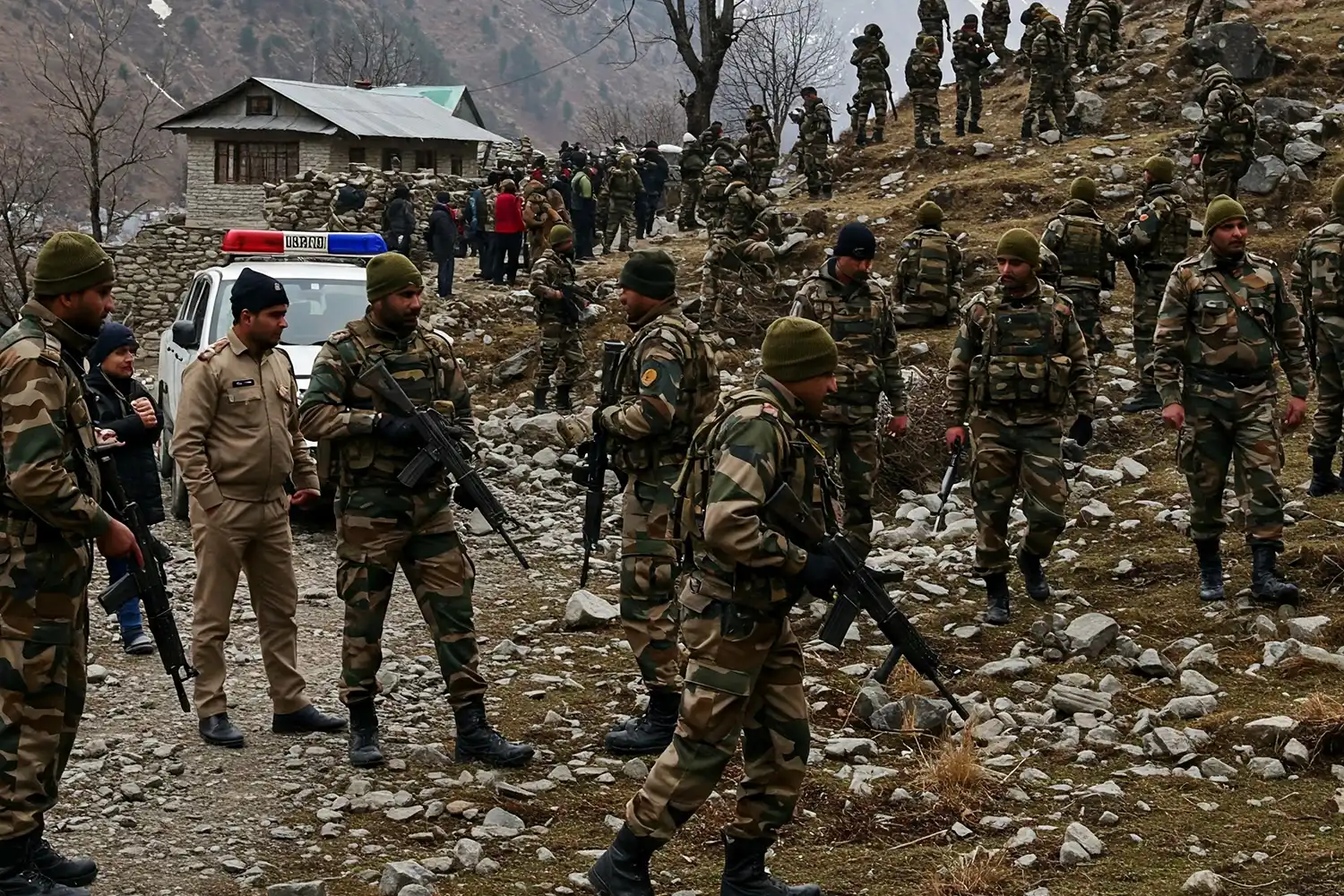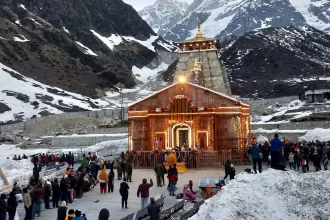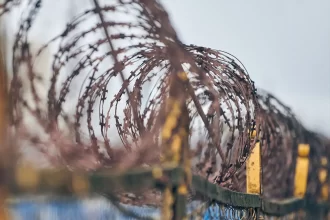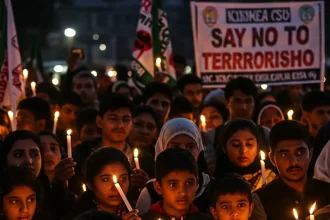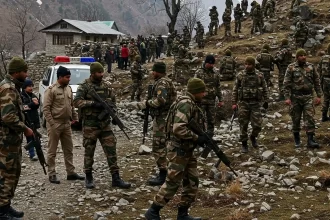In a rare display of global unity, American President Donald Trump and Russian President Vladimir Putin have issued a rare joint statement condemning the terror attack at Jammu and Kashmir’s Pahalgam that killed at least 26 people, of whom the majority were tourists. Global outrage followed the April 22, 2025, attack in the scenic Baisaran Valley, and calls for increased counterterror cooperation had mounted once again.
The Pahalgam Attack: A Tragic Accident
In the afternoon of April 22, four militants ambushed a group of tourists in the resort town of Pahalgam, a popular Indian-administered Kashmir resort town. The militants ambushed pony-ride and picnic-going tourists at Baisaran Valley, which is only reachable on horseback or on foot. The attack resulted in the death of 26 people, 25 of whom were Indian and a Nepalese citizen, leaving more than 30 people injured in the process. The attack was attributed by the Pakistan-based militant group known as the Resistance Front (TRF) owing to resistance induced by foreigners moving into their territory. Global Leaders React
United States
President Donald Trump quickly condemned the attack, expressing America’s unflinching support for India. On Twitter, he posted the following, “Deeply disturbing news out of Kashmir. The United States stands strong with India against terrorism. We pray for the souls of those lost, and for the recovery of the injured. Prime Minister Modi, and the incredible people of India, have our full support and deepest sympathies.”
Russia
Russian President Vladimir Putin also denounced the “brutal crime,” stressing that it had “no justification whatsoever.” In a message to Indian leaders, he expressed deepest condolences and reaffirmed Russia’s determination to further strengthen cooperation with India in the fight against terrorism.
Other Nations
Leaders from all the above countries condemned the attack and expressed their condolences, including France, The United Kingdom, Germany, and Australia. The Secretary-General of the United Nations condemned the violence and called for international accountability in a statement.
India’s Response
Indian Prime Minister Narendra Modi, who was out of the country in Saudi Arabia at the time of the attack, returned to India to oversee the response. He denounced the attack as a “heinous act” and vowed that those involved would be brought to justice. Home Minister Amit Shah travelled to Srinagar to oversee the investigation and response. Security forces have initiated a manhunt to apprehend the attackers.
Effects on Regional Stability
The Pahalgam attack is a serious escalation of the Kashmir conflict that demonstrates the weakness of civilian targets in the region. It raised issues of security for tourists and potential economic costs for the region, which relies extensively on tourism. It also echoed controversies on the revocation of Article 370, under which special autonomy was accorded to Jammu and Kashmir, and its repercussions for regional stability.
The Pahalgam terror attack not only took innocent lives but also said a lot about the need for greater international cooperation against terror.
The general reaction of global leaders, Presidents Trump and Putin included, is proof of the global determination to fight the terrorism plague and support India in her quest to bring the perpetrators to book. The questions are still ongoing as the global community remains watchful and united against ensuring that such tragedies are not witnessed in the future.
Latest Developments
- Indian security personnel are carrying out mass raids to detain the attackers.
- The United States has committed to assisting India in reinforcing anti-terrorist activities.
- Memorial services for victims of the attacks are taking place throughout India.
The Pahalgam attack serves as a reminder of the on-going troubles in the Kashmir area and the need for international unity to combat terrorism.

